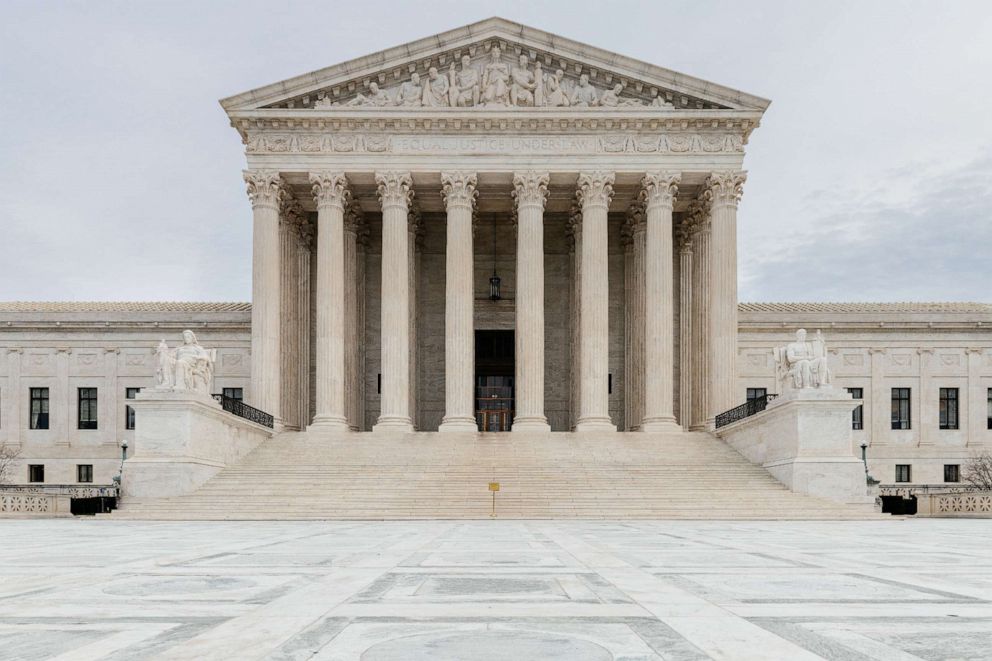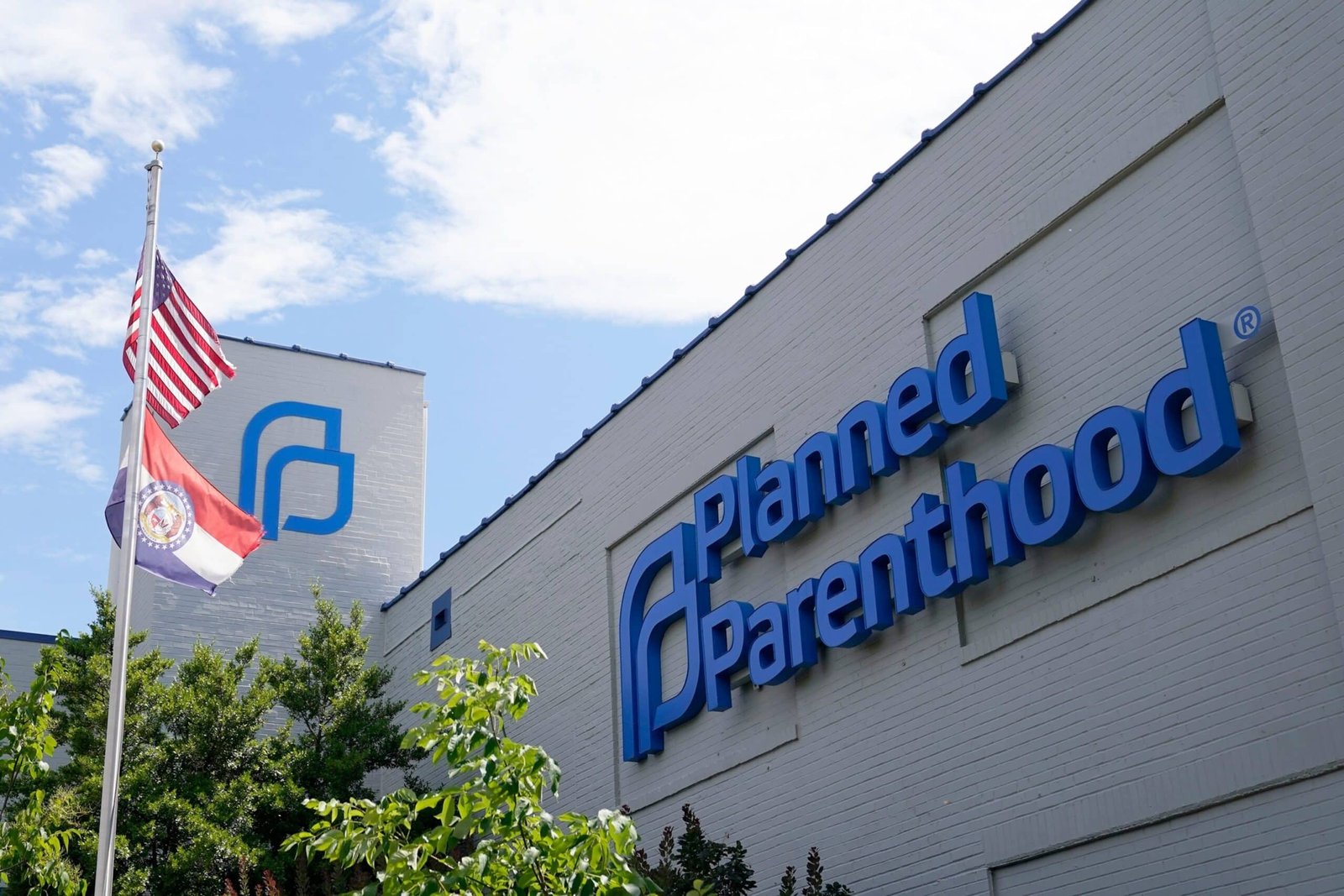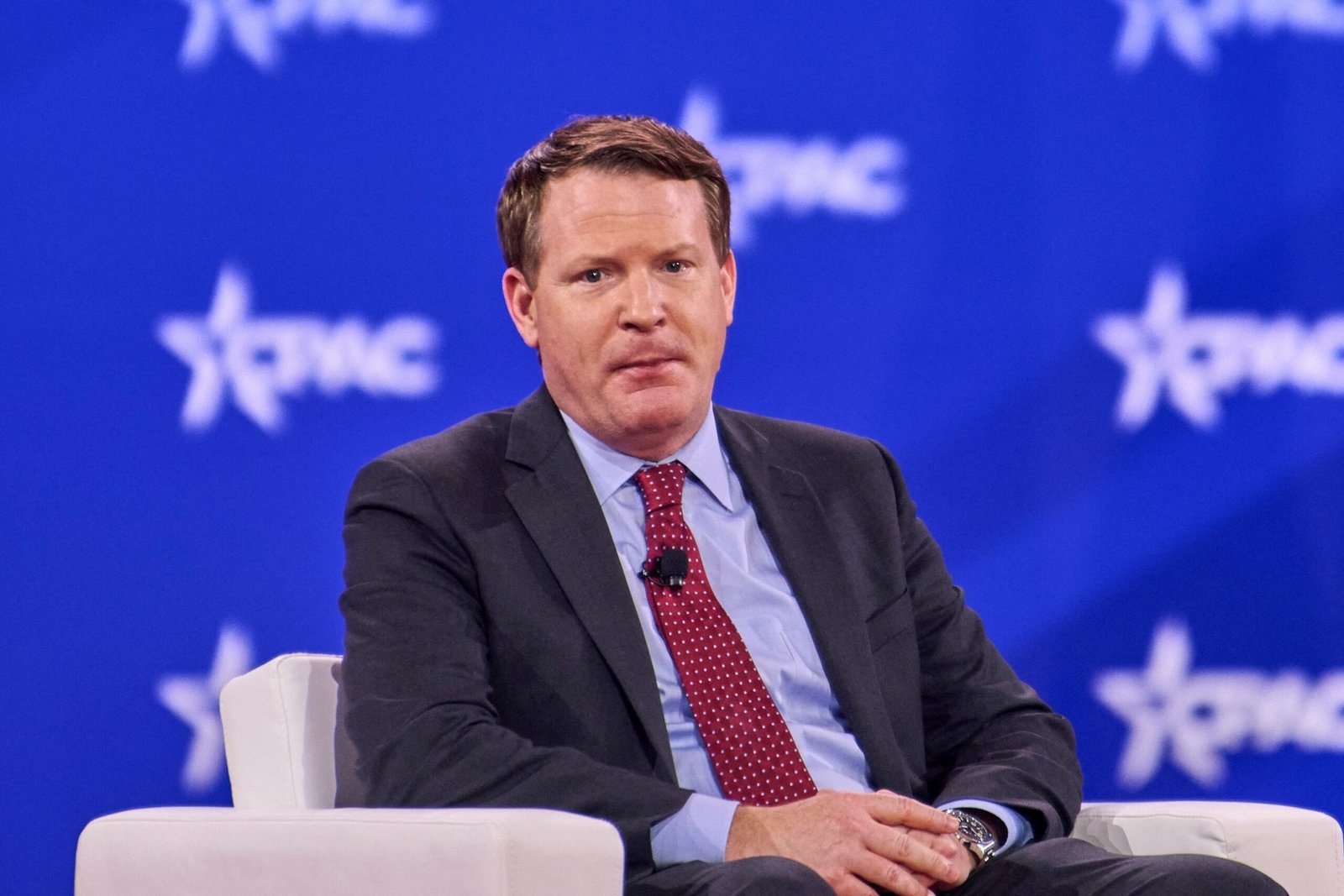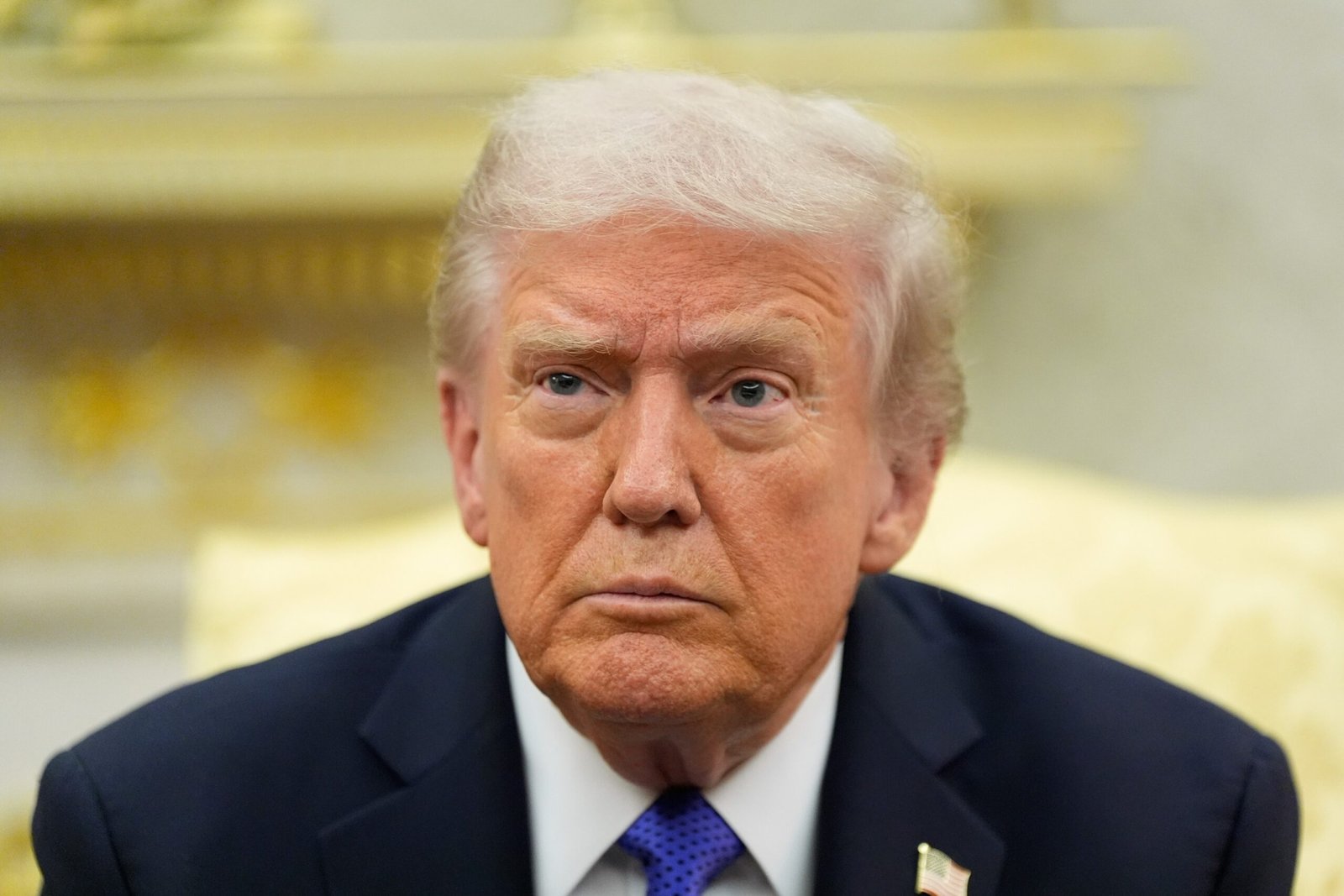The Supreme Court appeared on Wednesday divided sharply over whether the individual beneficiaries of Medicaid have the right to sue a State for access to Planned Parenthood after the clinics were excluded from coverage under the government’s health program.
The case marked the first time that the judges are widely considering the efforts of several conservative states to define Planned Parenthood for their support for abortion.
In 2018, the governor of South Carolina, Henry McMaster, a Republican, issued executive orders that disqualified Planned Parenthood to receive state refunds from Medicaid for services that are not abortion, such as cancer exams and contraception treatments.
The Group reported that 34% of its general income throughout the country, or $ 699 million, of subsidies, contracts and funds from Medicaid.
Julie Edwards, who has type 1 diabetes and sought medical attention in a Planned Parenthood Paternity clinic in Columbia, South Carolina, sued the State alleging a violation of the Medicare and Medicaid law, which guarantees the beneficiaries of Medicaid a “free supplier choice” that is arranged and qualified.
“If the individual cannot sue, then this provision will not make sense,” said Nicole Saharsky, the plaintiff’s lawyer, the court during oral arguments.
Each state has discretion to determine which suppliers are “qualified”. The medical qualifications of Planned Parenthood doctors were not questioned by South Carolina. Instead, the State excluded clinics only by opposition to abortion.

In this archive photo of June 24, 2022, Missouri flags and Americans fly outside Planned Parenthood in St. Louis.
Jeff Roberson/AP, file
The judges appointed by the Supreme Court seemed to agree unanimously in which Edwards has the right to sue under the provision of “free choice of the supplier.”
“A problem that motivated Congress to approve this provision was that the states were limiting the elections that people had. Some states said that only state facilities would provide the benefit. Other states were identifying a more limited subset of suppliers,” Judge Sonia Sotomayor said.
“The State has the obligation to ensure that a person … has the right to choose his doctor,” Judge Elena Kagan said. “That is what this provision is. It is impossible to even say the thing without using the word ‘correct’.”
The state of South Carolina argued that the Federal Law does not explicitly establish a “right” of the persons to demand for the availability of certain suppliers in Medicaid and that doing so could open the gates to the litigation.
“Telling a state that has the obligation to provide something is not the same as telling a state that an individual can sue it,” said John Bursch, the state lawyer.
Several of the members appointed by Republicans of the Supreme Court seemed inclined to the side of South Carolina.
Judge Brett Kavanaugh indicated that there must be clear “magical words” in a law that indicates a right to sue, which suggests that the language may not be clear in this case.
“One can imagine a written statute as an individual benefit that is mandatory in the United States, but is not a law creator,” Judge Neil Gorsuch said.
Judge Samuel Alito suggested that only the federal government could take measures against a State if it was claimed to have violated the provision of “free choice” of the Medicare and Medicaid law.
“That is the norm for the legislation of the spending clause,” he said, referring to the State-Federal Association to administer Medicaid.
The president of the Supreme Court, John Roberts, and Judge Amy Coney Barrett appeared for their most circumspect questions about their positions in the case.

A photo without date shows the United States Supreme Court building in Washington, DC
Garen Meguerian/Moment through Getty Images, Stock Photo
The result of the case could have a significant impact for Medicaid beneficiaries throughout the country, Planned Parenthood clinics that depend on federal funds and anti -abortion defenders who expect states to be more aggressive with the ways of cutting the funds.
“Medicaid beneficiaries often face significant barriers to obtain attention, particularly in South Carolina. Twenty -five percent of state residents live in medically unattended areas,” wrote Planned Parenthood’s plaintiffs in their report before the Superior Court.
“[Congress] He promulgated the provision free choice to ensure that Medicaid patients, like everyone else, can choose their own doctor, “they added.” The Congress specifically promulgated this provision in response to the efforts of some states to restrict the choice of supplier of Medicaid patients. “
While the Federal Law already prohibits any financing of the abortions, South Carolina argues that it has the right to address non -abortive funds to abortions.
“Because the money is fungible, giving dollars from Medicaid to abortion facilities releases their other funds to provide more abortions,” the State told the court.
If the judges allow the claim to advance, affirming the right to sue for the eligibility of a qualified supplier of Medicaid, Edwards and Planned Parenthood can continue to challenge the exclusion of the clinics of the State Medicaid program in a lower court.
If the judges are put on the state side, they would reinforce the efforts to cut Planned Parenthood of the government financing sources and effectively limit the number of suppliers available for the medicaid receptors.
A decision is expected in the case at the end of the court mandate in June.






